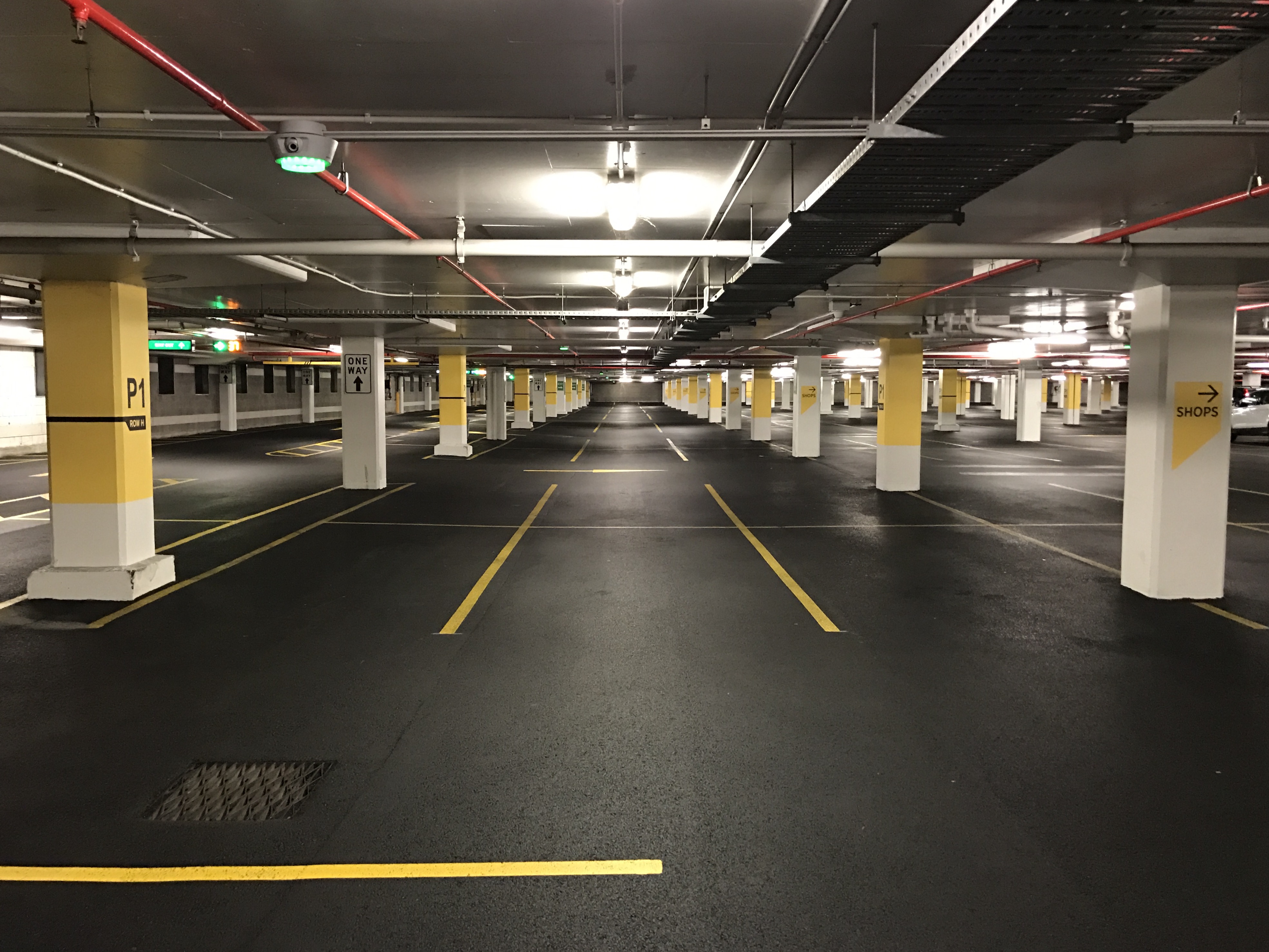Should Basement Parking For Commercial Buildings Be Mandatory?
In urban areas, finding a favorable parking spot is as hard as it gets. Especially in and near commercial buildings, parking demand goes in a frenzy. This inordinately gives rise to parking violations, a problem that calls for immediate measures. To tackle this, real estate developers and cities are increasingly taking to basement parking.

Vijayawada makes basement parking mandatory:
Vijaywada Municipal Corporation (VMC) recently decided to make basement parking compulsory for all commercial buildings – shopping malls, cinemas, hospitals, hotels, and other places reporting a large footfall. It did so in a bid to crack down on illegal parking on roads and ease traffic conditions. Even though the city had planned smart parking facilities, the plan is still on paper as people face severe parking issues in commercial areas, thus haphazardly parking on the road and contributing to traffic congestion.
In a recent survey, the civic body found that many basements meant for parking were being used as shops by building owners. The department then issued notices to 59 owners who had failed to arrange for parking in their buildings. Owners violating VMC’s directive to make the basement available for parking vehicles would see the imposition of a fine.
Also Read: Parking Violation Policies in India
This begs the question- should commercial entities that see the goings and comings of a large number of clients each day be responsible for their vehicle accommodation?
Should basement parking for commercial buildings really be mandatory?
Approximately 40% of India’s urban roads are used for parking cars. In light of this, it is easy to imagine roads being chock-full of vehicles during weekends, especially in commercial areas. A lot of the times, people tend to park their vehicles in the roads adjacent to, or behind these buildings, usually in quiet residential roads. This turns into a huge menace for those living near such areas.
By making basement parking for commercial buildings mandatory, civic bodies can effectively force building owners to take responsibility for their visitors and employees. In Gurgaon, commercial buildings that provide parking facilities at their basements for ‘free’ will see the lot exempt from property tax. Since over-ground parking is not assessed under the property tax charge, the municipal corporation decided that basements should also be excluded.
To curb increasing parking violations, reduce the inconvenience caused to residents near commercial buildings, and to give drivers a better parking experience, it is the civic duty of large commercial buildings to make provisions for systematic and organized parking. Even though basement parking may not be mandatory yet, building owners can improve the experience of all stakeholders involved by providing for a proper parking space.
